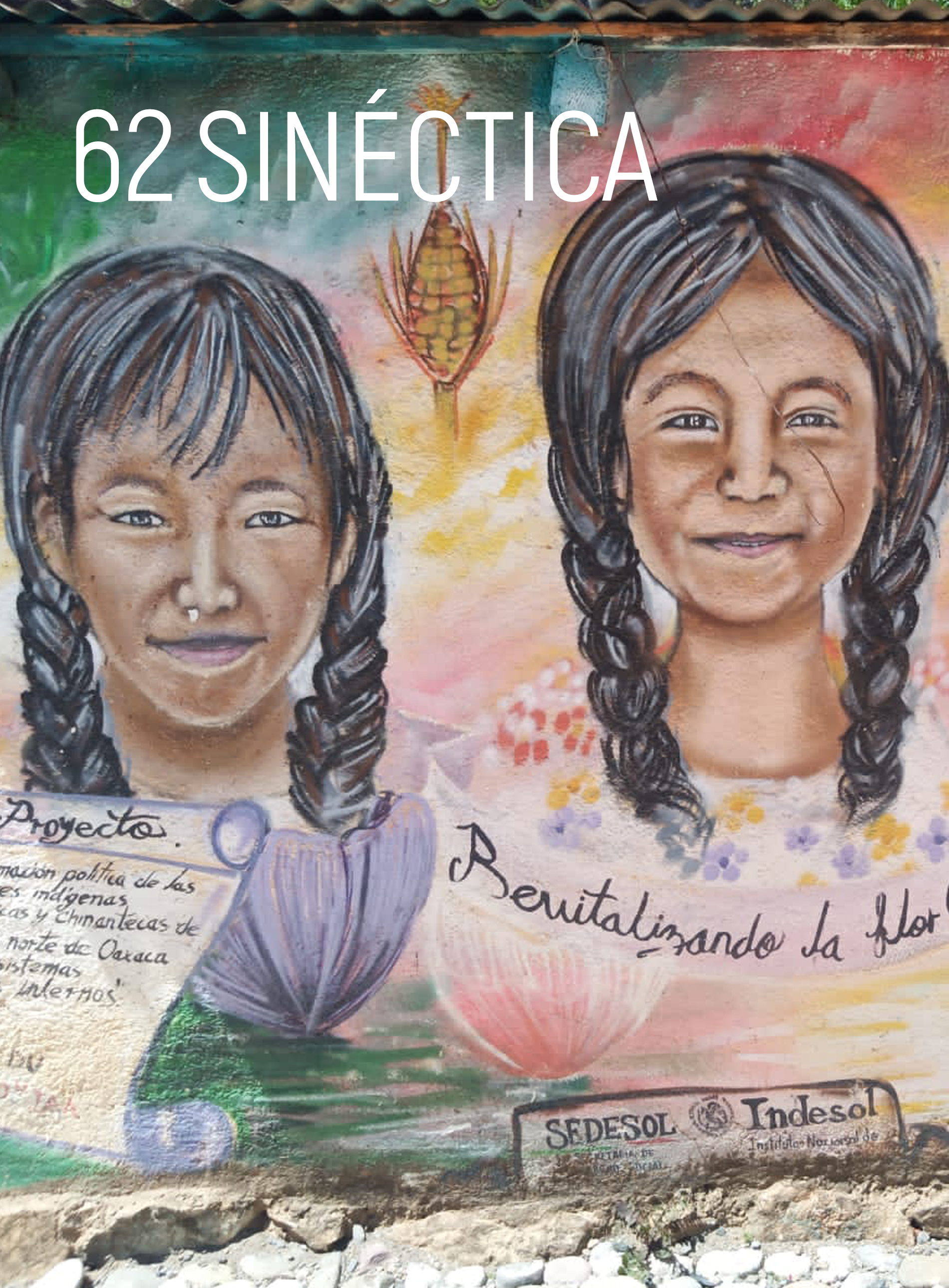Recreo en casa. Aprender a convivir a través del juego
DOI:
https://doi.org/10.31391/S2007-7033(2021)0057-015Palabras clave:
juego, desarrollo socioemocional, convivencia escolar, aprendizaje, recreoResumen
Este artículo sistematiza la experiencia de la propuesta educativa “Recreo en Casa”, que busca el desarrollo socioemocional a través del juego de niños, niñas y adolescentes. Se trata de un programa de formación de acompañantes educativos (paradocentes, docentes y directivos) para adquirir herramientas concretas que les permitan construir una cultura de juego en la comunidad escolar y facilitar experiencias lúdicas en el contexto de educación a distancia producto de la COVID-19. Se recoge la experiencia de implementación del programa en 14 establecimientos educativos de Chile y presenta consideraciones teóricas sobre los beneficios del juego para la convivencia y el desarrollo socioemocional, físico y cognitivo de los estudiantes. Se problematiza, además, el rol de los acompañantes educativos para que, durante el recreo, sean actores clave en la construcción de la convivencia.
Descargas
Citas
American Academy of Pediatrics (2013). The crucial role of recess in school. Pediatrics, vol. 131, núm. 1, p. 183. https://doi.org/10.1542/peds.2012-2993
Cyrulnik, B. (2019). Escribí soles de noche: literatura y resiliencia. Barcelona: Gedisa.
Fierro, C. y Carvajal, P. (2019). Convivencia escolar: una revisión del concepto. Revista Psicoperspectivas, vol. 18, núm. 1, pp. 1-19.
Fjortoft, I. (2001). The natural environment as a playground for children: The impact of outdoor play activities in pre-primary school Children. Early Childhood Education Journal, vol. 29, núm. 2. https://doi.org/10.1023/A:1012576913074
Gill, T. (2007). No fear, growing up in a risk averse society. Londres: Calouste Gulbenkian Foundation.
Gray, P. (2016). Libres para aprender, por qué el aprendizaje lúdico garantiza niños felices y seguros de sí mismos. México: Paidós.
Hanscom, A. (2016). Balanced and barefoot. Estados Unidos: New Harbinger Publications, Inc.
Huizinga, J. (1972). Homo ludens. Madrid: Alianza Editorial.
Junaeb (2020). Mapa nutricional. Santiago de Chile.
Junji/Unesco/Unicef (2010). Encuesta Nacional de Primera Infancia (pp. 48-53). Santiago de Chile.
Louv, R. (2018). Los últimos niños en el bosque. Madrid: Capitan Swing.
McNamara, L., Colley, P. & Franklin, N. (2015). School recess, social connectedness, and health: a Canadian perspective. Health Promotion International.
Milicic, N. y López de Lérida, S. (2010). Hijos con autoestima positiva. Santiago, Chile: Editorial Paidós.
Mineduc, Subsecretaría de Educación Parvularia (2018). Bases curriculares Educación Parvularia. Santiago de Chile.
Ministerio del Interior y Seguridad Pública (2014). Encuesta Nacional de Violencia en el Ámbito Escolar. Santiago de Chile.
Patterson, K., Grenny, J., Maxfield, D., McMillan, R. & Switzler, A. (2007). Influencer. The power to change anything. McGraw-Hill. https://doi.org/10.1036/007148499X
Siegel, D. J. y Payne Bryson, T. (2015). Disciplina sin lágrimas. Una guía imprescindible para orientar y alimentar el desarrollo mental de tu hijo. Barcelona, España: Ediciones B.
Unicef (2020). U-Report: el impacto del COVID-19 en la salud mental de adolescentes y jóvenes.
Vygotsky, L. (1993). Obras escogidas. Madrid: Visor.
Vygotsky, L. S. (1979). El desarrollo de los procesos psicológicos superiores. Buenos Aires: Grijalbo.
Publicado
Número
Sección
Licencia
Derechos de autor 2021 Sinéctica

Esta obra está bajo una licencia internacional Creative Commons Atribución-NoComercial 4.0.

Esta obra está bajo una Licencia Creative Commons Atribución-NoComercial 4.0 Internacional.
Los autores que publican en Sinéctica están de acuerdo con los siguientes términos:
Los autores conservan los derechos de autor y otorgan a la revista el derecho de primera publicación de la obra autorizada simultáneamente bajo una licencia de atribución de Creative Commons, la cual permite a otros compartir el trabajo siempre y cuando se reconozca tanto la autoría de la obra como la publicación inicial en esta revista.
Los autores pueden celebrar acuerdos contractuales adicionales por separado para la distribución no exclusiva de la versión publicada de la revista (por ejemplo, publicarla en un repositorio institucional o en un libro), con el reconocimiento de su publicación inicial en esta revista.
Es permitido que los autores publiquen su trabajo en repositorios institucionales o en su propio sitio web antes y durante el proceso de envío, ya que puede generar intercambios productivos, así como una citación anterior y mayor del trabajo publicado.
Nota aclaratoria: A partir de 2017, Sinéctica se rige con base en la Licencia Creative
Commons Atribución-NoComercial 4.0 Internacional, versión que armoniza las licencias a nivel internacional.
Los artículos de 1992 a 2016 están bajo una Licencia de Creative Commons Reconocimiento-NoComercial-SinObraDerivada 4.0 Internacional, la cual permite compartir y distribuir una obra sin fines comerciales y con reconocimiento del autor, pero prohíbe modificar la creación original.





















